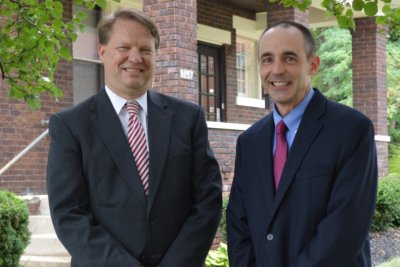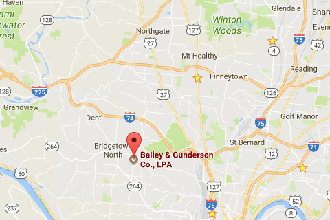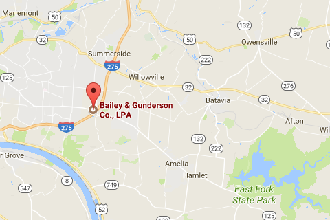When you file for Chapter 7 bankruptcy, you may have a secured debt that you wish to retain or “reaffirm”. Common examples are real estate mortgages and automobile loans.
To promise to pay this type of debt in a Chapter 7 bankruptcy, you must sign a reaffirmation agreement with the creditor and file the reaffirmation agreement with the Bankruptcy Court. Such would allow you to retain your real estate and automobile.
You are not required to sign a reaffirmation agreement for a secured debt. In some instances, you may not wish to retain the real estate or automobile, and want to surrender it to the creditor. For example, your monthly mortgage payment may be too high, or your real estate requires major repairs. Another example would be an automobile that has too many mechanical issues that are too expensive to fix.
Considerations for signing a reaffirmation agreement include: It must be voluntary; you can demonstrate the ability to afford the payment pursuant to your monthly budget filed with the Bankruptcy Court; and reaffirming the debt is in your best interests.
Remember that if you reaffirm the debt and then fail to pay the debt, you still owe the debt even after receiving your Chapter 7 bankruptcy discharge. You should consult with your bankruptcy attorney regarding the pros and cons of signing a reaffirmation agreement for a secured debt.
A Chapter 7 bankruptcy may be the solution for your debt and financial problems. Please contact us for your free initial consultation with our bankruptcy attorneys from Bailey & Gunderson Co., L.P.A., with offices in Norwood, Western Hills and Anderson Township. Phone: 513-631-0022.





